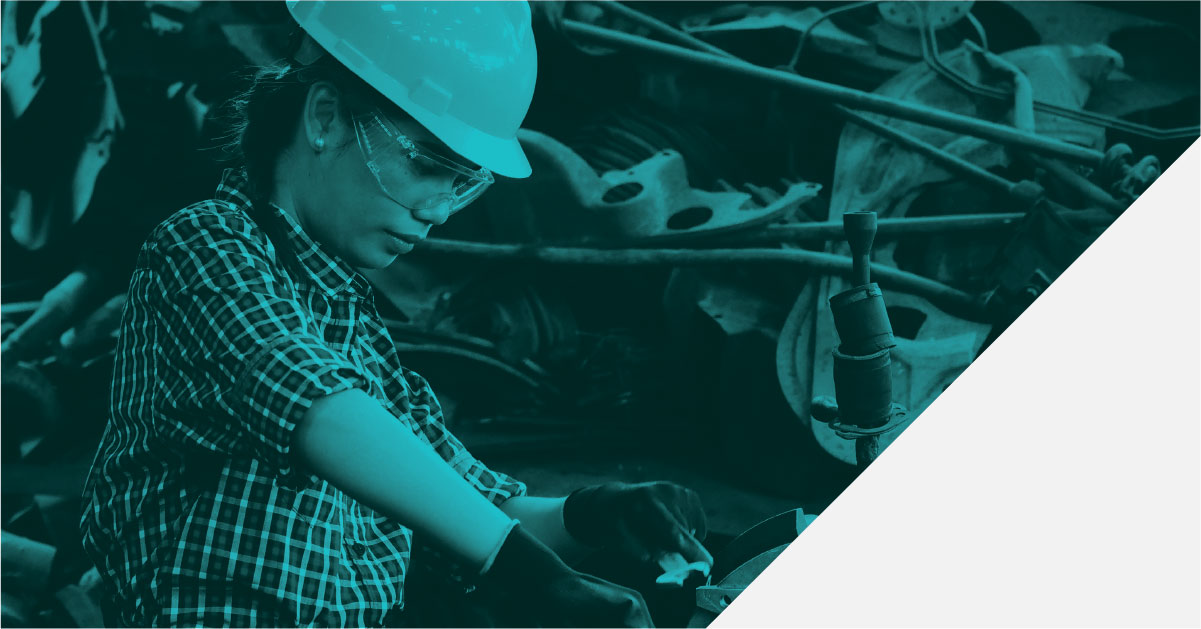What’s on My Mind? With Pari Johnston.
Canada’s economy is being tested. Global instability, compounding tariffs, supply chain shocks, and aging demographics combined with labour shortages are creating real uncertainty for Canadian industries and workers alike. An economic pivot and rebuild is essential. I’ve written recently about how, at moments like these, coming together matters more than ever.
When the stakes are high, our greatest strength lies in working together with purpose. That’s what CICan’s national skills building programs are all about.
They unite our sector. They bring together 135 public colleges, institutes, CEGEPs, and polytechnics across Canada to co-create solutions that respond to national challenges—while delivering real, local impact.
Our Network. Our Strength.
These programs work because of our members. Deeply rooted in their communities and directly connected with employers, they come together through national initiatives to share expertise, co-create solutions, and develop tools and training resources. These are then shared across our network—amplifying their impact and allowing institutions to adapt them to meet local workforce needs.
Through this collective effort, our members deliver hands-on training, build new partnerships, and prepare learners at all stages for in-demand jobs.
Together, we’re:
- Upskilling workers in advanced manufacturing, clean tech, and agriculture—supporting sectors vital to Canada’s economic future.
- Expanding healthcare training through virtual simulations—addressing placement shortages and improving care outcomes.
- Engaging youth in the trades—helping close urgent labour gaps in construction and other high-demand skilled sectors.
And we’re not stopping there. Whether it’s aligning training with labour market data, helping newcomers enter the workforce, or greening trades education, our programs support a stronger, more agile economy.
The Advantage to Canadians
The impact of these programs extends far beyond campuses. They help Canadians land good jobs. They give small businesses in rural, remote, Northern and urban communities access to job-ready talent. They help sectors adapt, grow, and compete.
In short: they make Canada more resilient.
Because when we train and upskill more workers, Canadian industries grow and adapt. When we respond in real-time to emerging labour market needs, communities survive and thrive. And when we act together, we position Canada to meet the moment—and lead into the future.
Want to Get Involved?
For our members, there are already great ways to engage. You can take advantage of existing resources—like our free collection of 200+ virtual simulations for healthcare training, developed by educators across Canada. You can also apply to offer our new upskilling microcredentials, co-developed by 12 member institutions and 28 industry partners to help strengthen high-growth sectors in your communities.
Don’t forget to check our Perspectives newsletter for regular updates on the ways to participate and benefit from CICan’s national programs.
Canada needs what public colleges, institutes, CEGEPs, and polytechnics do best. And through our national programs, we’re showing what’s possible when we do it together.










